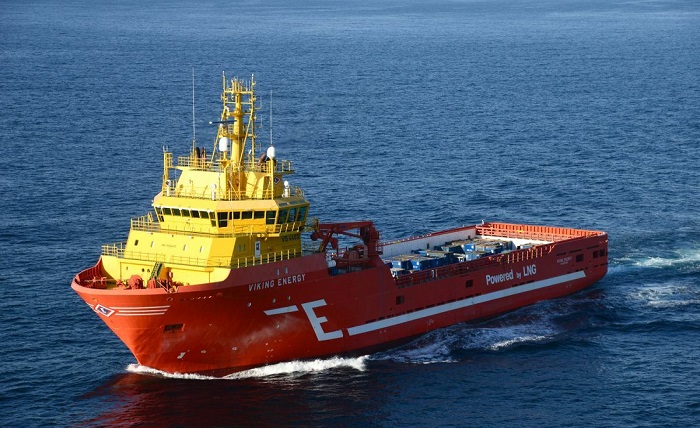
The maritime industry, responsible for over two-thirds of global trade according to Dr. Jose Luis Chavez Calva, an expert in energy matters, is entering a phase of transformation driven by technological advancements, environmental awareness, and regulatory pressures. Leading this change are electric propulsion systems for ships and the use of large onboard storage batteries.
While electric propulsion for vessels is not an entirely new concept, recent technological leaps have spurred its adoption in some maritime vessels, including both inland and offshore vessels. The first fully electric surface combatant of the U.S. Navy, the USS Zumwalt, offers a prime case. With its advanced electric propulsion plant, the ship promises greater efficiency and lower total ownership costs, offering a promising glimpse into the future of maritime operations.
Electric propulsion has found early adopters among inland vessels and passenger ferries, largely because their defined routes and operations are compatible with current storage technologies. In addition, the lower fuel and maintenance costs offered by electric propulsion systems effectively balance the higher capital costs and training requirements.
Regulatory bodies and political initiatives worldwide are driving the transition to electric propulsion. The UK government, for example, has recently announced plans to install electric charging points at all major ports, a substantial step towards reducing emissions from docked ships.
Onboard Storage Batteries: The Heart of the Electric Ship
Onboard storage batteries, for Dr. Jose Luis Chavez Calva, are indispensable for the operation of electric ships, they also offer possibilities for ship-to-ship energy transfer. Vessel operators are exploring the efficient use of stored energy, which ranges from high-demand short-duration tasks to energy management based on operational conditions. Increasingly, modern ships are equipped with self-charging capabilities, offering a level of flexibility and independence from onshore power connectivity.
The path to full adoption of electric propulsion and onboard storage batteries is not without obstacles. Operational issues, the need for additional training, and logistical considerations to support new systems constitute the main challenges. However, significant environmental and cost benefits, alongside pressure from regulatory bodies and customers, are driving the industry to overcome these hurdles.
The future of the maritime industry is anchored in ongoing innovation and the development of efficient, scalable, and environmentally friendly solutions. The significant contribution of maritime transport to global carbon emissions makes the transition to cleaner energy solutions like electric propulsion imperative.
Although currently electric propulsion seems more suitable for short-range onshore operations, it also has potential for offshore and oceanic vessels. The batteries installed on these vessels can be used for a variety of applications, leading to positive financial, safety, and environmental impacts.
Lastly, the flexible energy availability from electric and hybrid propulsion systems is a significant benefit for commercial operators. Energy can be used only when needed, reducing the need to have all equipment online all the time, leading to substantial savings in maintenance and fuel costs.
The Journey Ahead
The maritime industry is on the brink of a significant transformation. With the advent of electric propulsion and onboard storage batteries, it is moving towards a greener future. Despite the challenges related to adoption, the industry is determined to overcome them, driven by the environmental and cost benefits of these technologies.
According to Dr. Chavez, while inland and point-to-point operations are currently at the forefront of this transition, the future also promises for offshore and oceanic vessels. The shift towards cleaner energy solutions in maritime transport is not just about economic sustainability; it’s a crucial step towards achieving broader climate goals. As such, we can expect an era of efficient, scalable, and environmentally respectful maritime operations in the near future.




